Marvin Kalb, a nonresident senior fellow at Brookings and veteran journalist, discusses his new book “Imperial Gamble: Putin, Ukraine and the New Cold War” (Brookings Institution Press, 2015).
“I think since 1991 at the end of the Soviet Union, the end of Communism as a global philosophy, Ukrainians have come to understand that they are an independent culture,” explains Kalb. “The shame of it is that though they are, they are locked into a history which may deny them the full expression of their politics and their culture. And they can’t escape that; it is simply a part of their history.”
“When I started doing the research for this book,” Kalb says, “one of the things that I did was to go back and read notes of the classes I used to do fifty and sixty years ago as a graduate student. … And I realized, rather quickly I’m happy to say, that unless you went back a thousand years, truly, you would not understand why Putin is doing what he’s doing now either in Crimea, or Ukraine, or even in Syria. You couldn’t because the thousand years gives you the perspective and the reasoning and the psychological backdrop for current actions that may confound the West, may confound the president of the United States, but they don’t confound Russian nationalists, people who have been raised on this history.”
Also in this podcast: Get to know Matteo Garavoglia, a dual German and Italian citizen and an Italy Program Fellow, during our “Coffee Break.”
Show Notes:
- Read more about Marvin Kalb’s book “Imperial Gamble”
- Mr. Putin: Operative in the Kremlin
- Putin’s Crimean gamble: Russia, Ukraine, and the new Cold War
- Russia’s intervention in Syria: Protracting an already endless conflict
- Really, actually avoiding a new Cold War
- Stumbling towards conflict with Russia?
- Putin’s deceptive pause: What are Russia’s next steps in Ukraine?
Subscribe to the Brookings Cafeteria on iTunes, listen on Stitcher, and send feedback email to [email protected].
The Brookings Institution is committed to quality, independence, and impact.
We are supported by a diverse array of funders. In line with our values and policies, each Brookings publication represents the sole views of its author(s).


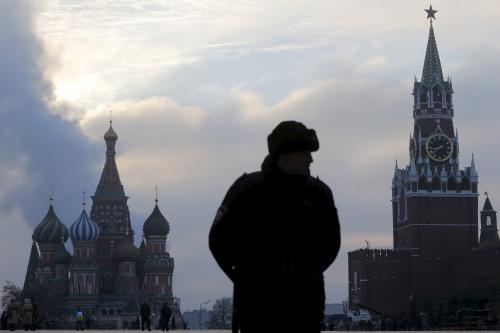
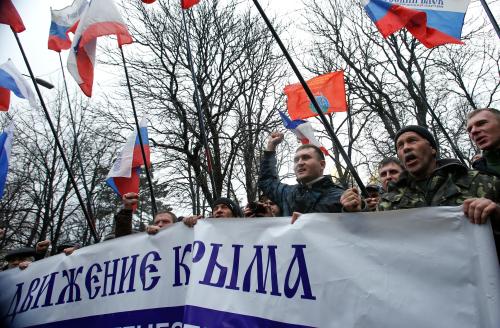
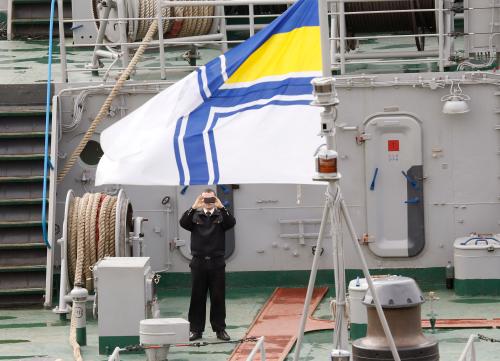
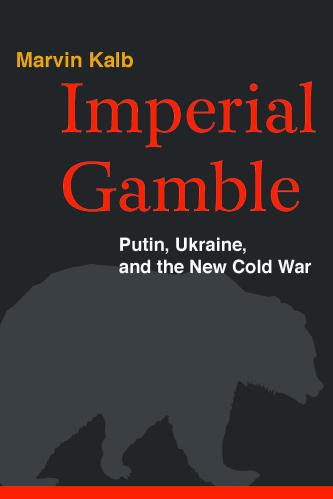
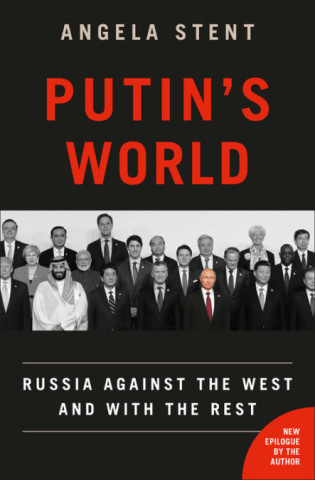




Commentary
PodcastUkraine’s long Russian entanglement
October 30, 2015
Listen on
Brookings Cafeteria Podcast